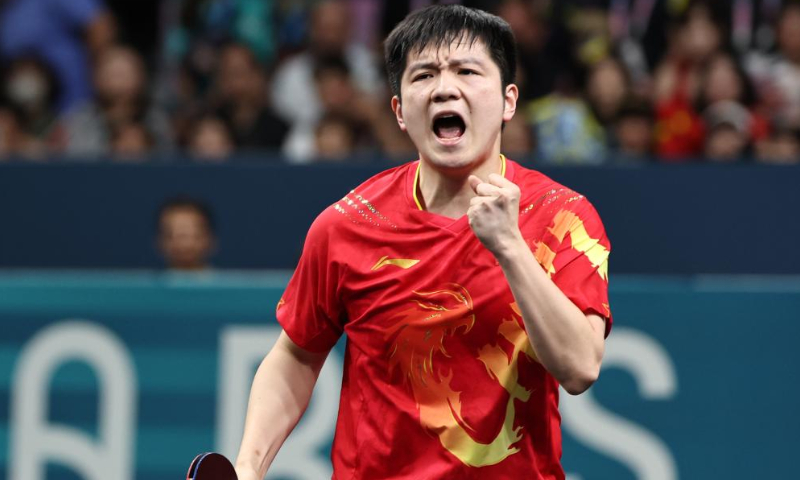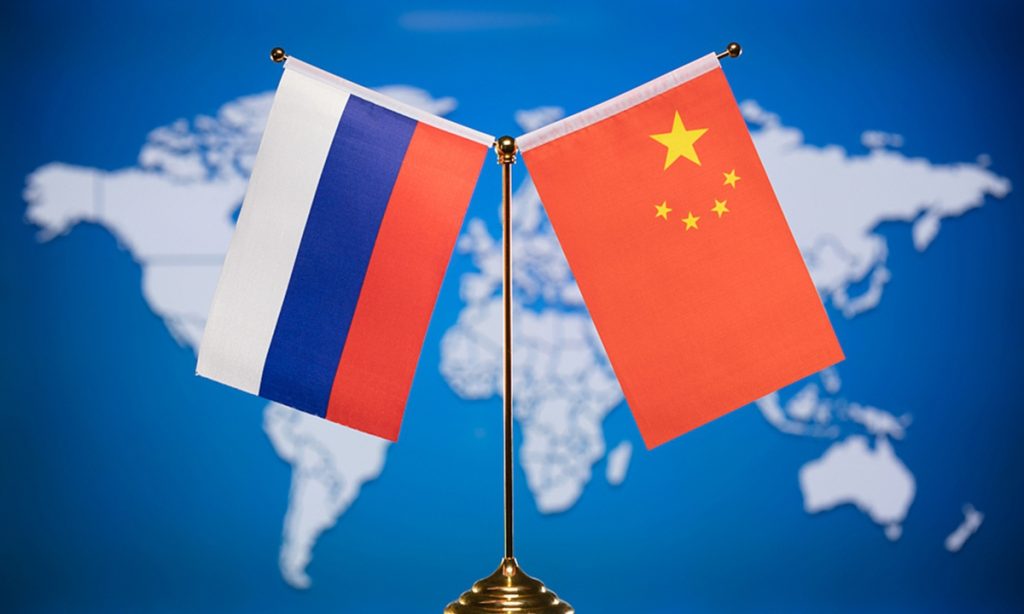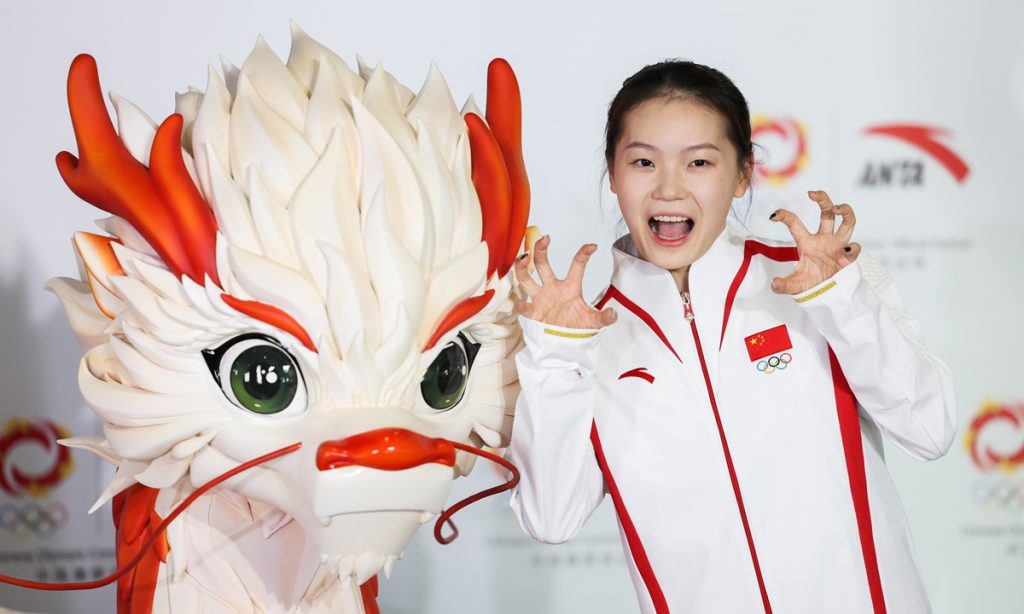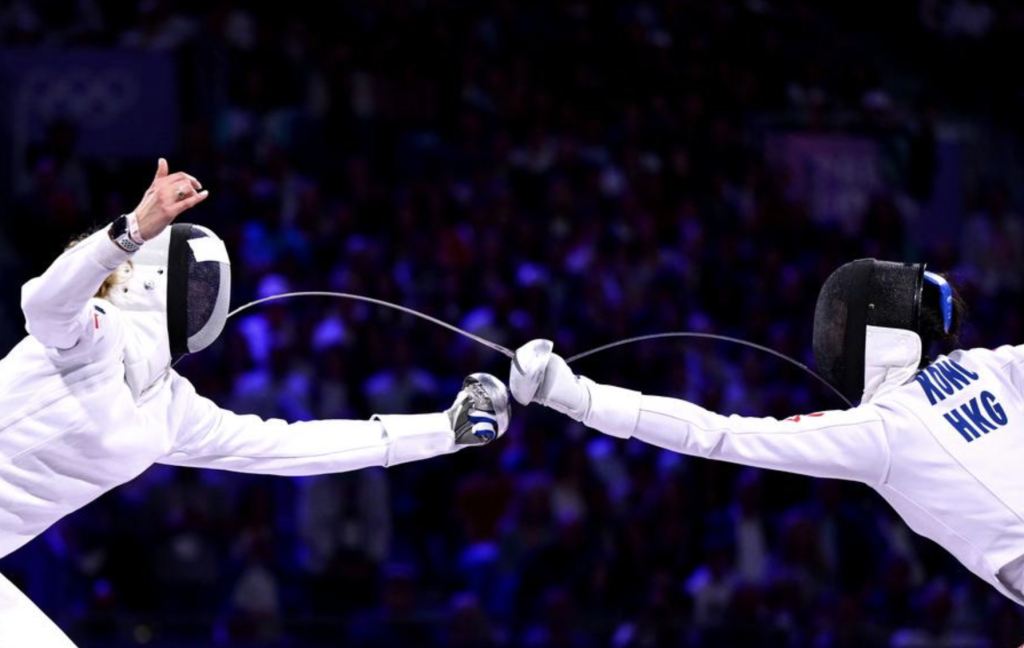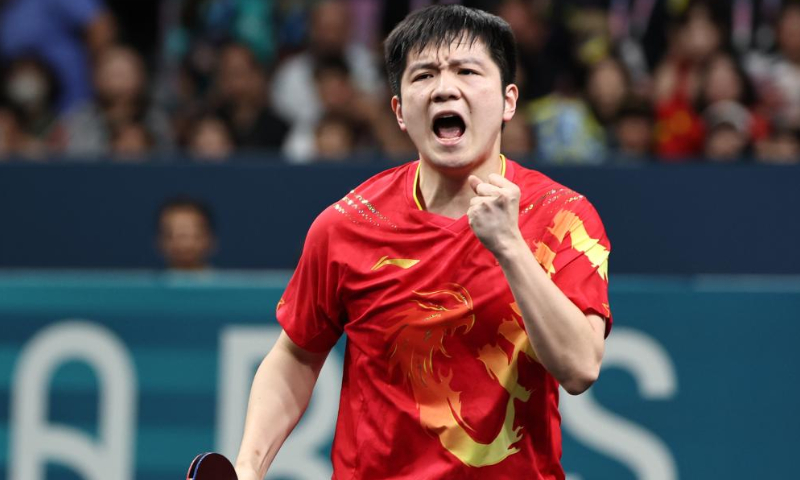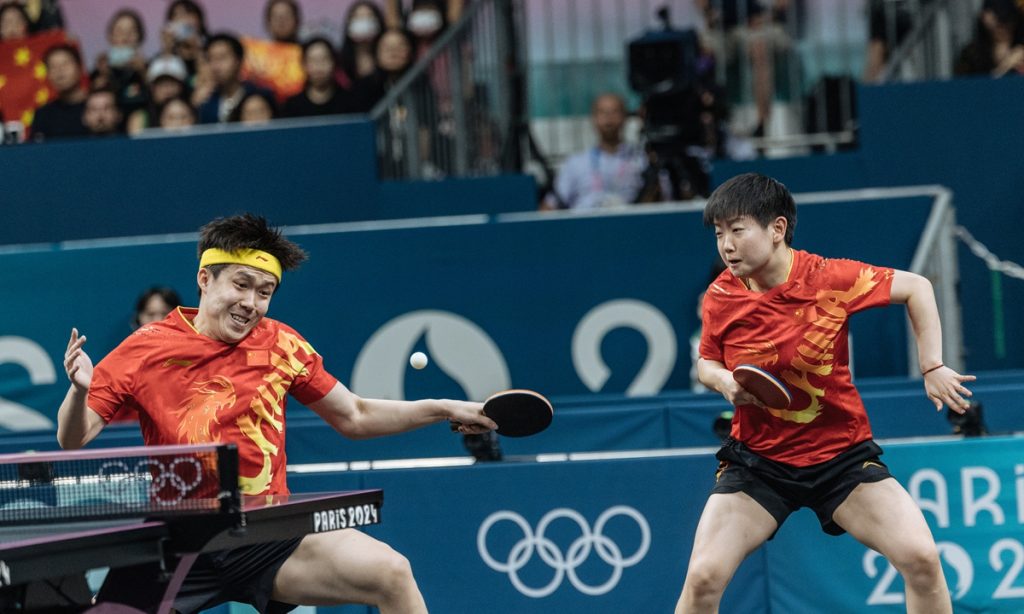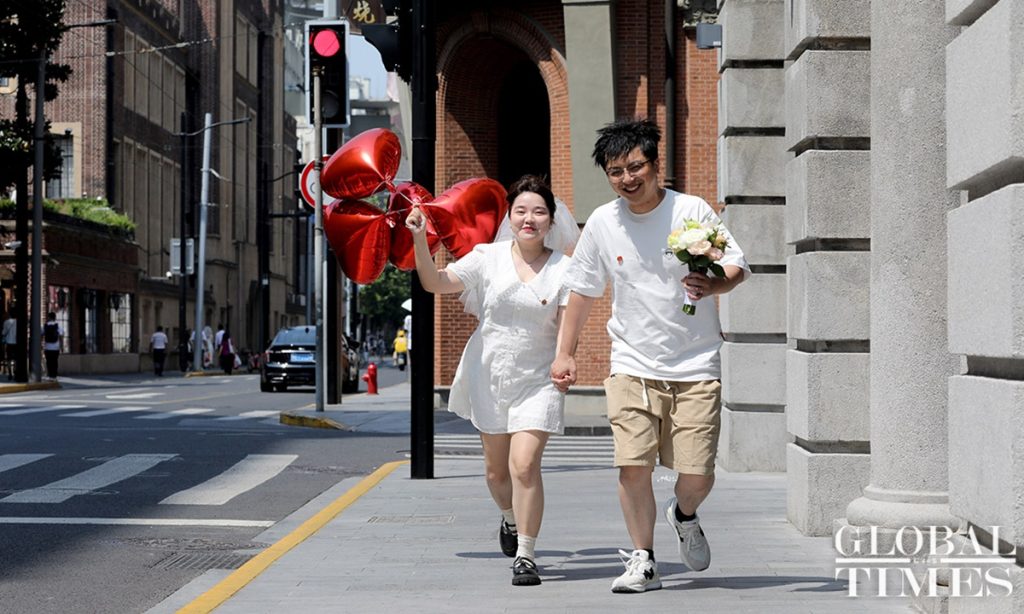China’s advanced cloud rendering increases movie production efficiency

Big Fish & Begonia, Nezha: Birth of the Demon Child, New Gods: Yang Jian... Chinese animated works inspired by China's folk myths have introduced Chinese imagination and aesthetics to international audiences one after another. The rising box-office revenue and hot discussions prove that audiences love to watch Chinese animation. Behind these vivid depictions of Chinese aesthetics and amazing details is China's rapidly developing cloud rendering technology.
"We have to race against time to ensure that the movie White Snake: Afloat could be released in time for the summer movie season while maintaining a high standard for the visuals," Bian Jinwei, operations and maintenance director of Light Chaser Animation, told the Global Times. "With the cloud rendering from China's tech companies, we can accelerate the post-production process."
Rendering is the last step of CG imaging. It is also a very important step in animated films. Most film and television special effects and animation works presented in cinemas or on streaming platforms require post-synthesis CG. In those cool and explosive visual blockbusters, virtual characters, props, scenes, and special effects are all inseparable from this process.
According to Bian, film and animation studios used to complete this process with their own computers, which required a lot of waiting. In some cases, wait times for rendering could be one fourth of a whole production.
China's CG workshop MORE VFX, which is responsible for the special effects of Chinese blockbuster The Wandering Earth 2, revealed that they once worked for six months on a 50-second-long scene. Each time the director proposed revisions, the rendering alone took at least one month to finish.
In the case of White Snake: Afloat, the time was even longer, said Zhang Liang, a technician from Tencent Cloud.
After watching the movie, audiences were amazed by the detailed visuals, as they could "distinguish the texture of the clothes on the big screen as being silk or cotton."
Such special effects come from the powerful processing and computation brought by cloud rendering as "the total rendering time of the film reached 252 million core hours, 80 percent of which were used on rendering the lighting," said Zhang.
The introduction of cloud rendering technology has not only improved efficiency, but also breaks through many limitations of traditional animation production.
Through the processing of high-performance computing resources and cloud servers, the rendering cycle of the film was reduced by 43 percent.
